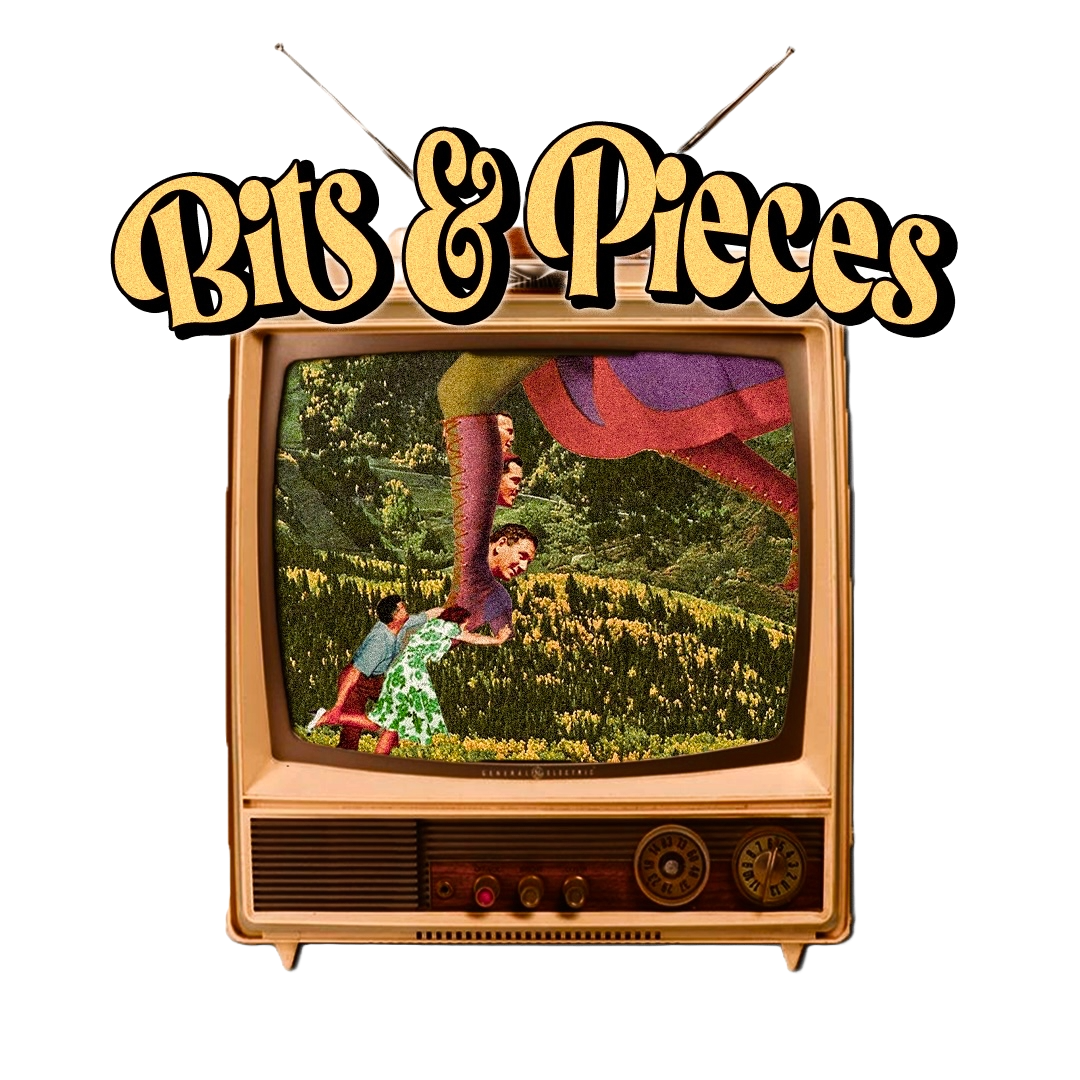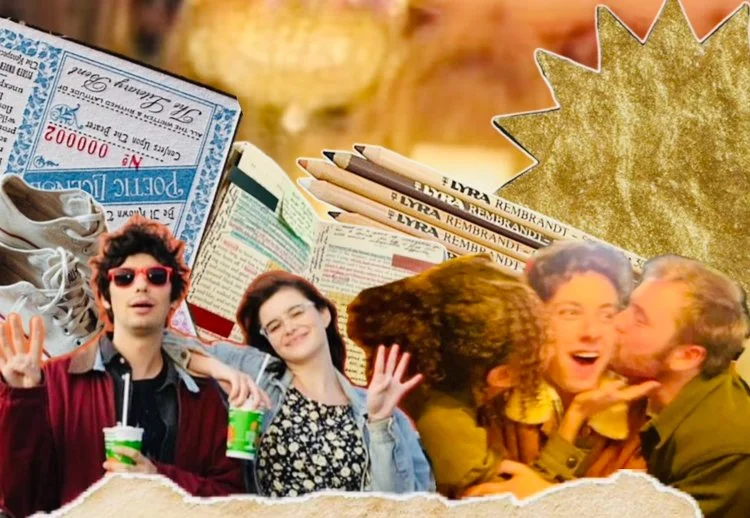Freaky Little Friends: My Thoughts on Mile End Kicks & Poetic License
by Tessa Squissato
With Chandler Levack’s sophomore feature, Mile End Kicks, and Maude Apatow’s directorial debut, Poetic License premiering at this year’s festival, TIFF 2025 has shaped up to be a total bitch fest— in the most complimentary sense of the word, of course.
As I exited the theatre following a screening of Mile End Kicks, the smell of popcorn induced a Pavlovian response to open up Letterboxd. So naturally, I left a cheeky little quip about the film as I scurried out of Scotiabank theatre in search of a suitable stoop on which to perch and guzzle my thermos full of soup. While in line for an In Conversation with Ryan Reynolds event, my stomach now full of Tuscan red lentil soup, a little notification appeared on my phone: “Chandler Levack liked your ⭐⭐⭐⭐ review of Mile End Kicks”. The film is so wittily written, leaving a smile perpetually plastered on my face, so the fact that Chandler Levack liked my little vibrator joke came as the highest honour.
For more nonsense… check out my Letterboxd!
A couple of days later, I caught a screening of Poetic License. I was a little down that day, and it just cheered me right up— my cheeks were quite literally sore because I could not stop smiling. It strikes the perfect balance between laugh-out-loud hilarity and endearing sincerity, the product of an expertly crafted screenplay by Raffi Donatich, placed in the right hands of Maude Apatow. Considering that Poetic License is Apatow’s first foray into feature film direction, she evidently comes by it naturally. I could go on and on about the performances too, but they more than speak for themselves. Rather, I’d like to explore what I see as a throughline between Apatow and Levack’s premiering films.
Mile End Kicks follows music journalist Grace Pine (Barbie Ferreira), a twenty-something-year-old gal from Ontario who takes off to Montreal with aspirations of writing a book about Alanis Morissette. Poetic License centres around former-therapist-turned-stay-at-home-mother, Liz Cassidy (Leslie Mann), who takes a college poetry class while she adjusts to her new life in a small town. These women drive their respective films forward through the depth and complexity of their complicated characters. However, beyond that, Grace and Liz share hardly any commonality at all. Rather, the parallels between Mile End Kicks and Poetic License lie in the nature of the films’ love interests (although in the case of Poetic License, I’m not sure if you can really call them that).
As the number of woman-helmed feature films increases, so shifts the definition of the ‘ideal man’ of the movies. The leading man of yesteryear was often a passionate romantic— the imperative word there being passionate, which often seemed to function as a synonym for “prone to violent outbursts of rage”. Refreshingly, Archie (Devon Bostick) in Mile End Kicks, as well as Ari (Cooper Hoffman) and Sam (Andrew Barth Feldman) in Poetic License, are characters defined by their non-threatening natures. When women are given true narrative control, there arrives a more accurate picture of the ideal man— one that is somewhat asexual and perhaps a little gay, one that has the look of a kindly rat with whom you'd like to share a little cheese. These men present a harmless, if not slightly heartwarming, horniness, a yearning that is pathetically charming as opposed to a lust which threatens sexual violence. In this sense, these filmmakers are rejecting a narrative that male writers and directors have pushed upon women for years. Levack and Apatow’s films lay it out plain and simple— we want little freaks! Enough said. Which begs the question... is contracting oral herpes from a kindly rat-boy a better alternative to being emotionally tossed around by a human ashtray of a man? Go watch these movies and get back to me on that.


